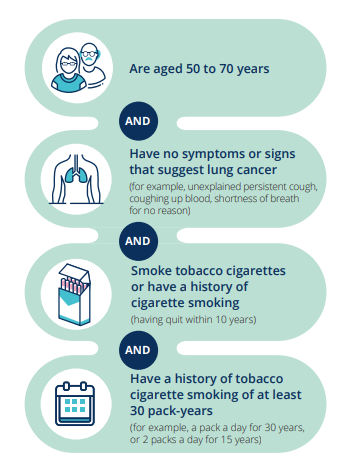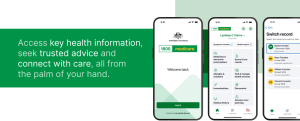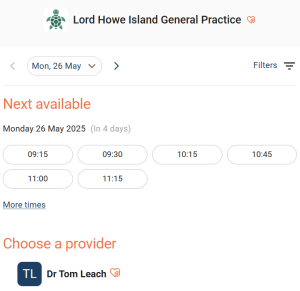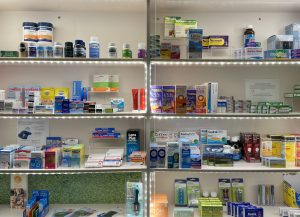Starting on the 1st of July there is a new lung cancer screening programme for eligible patients
- It is offered patients aged 50-70 who smoke, or who have quit smoking in the last 10 years, and who have what we call a “30 pack-year” smoking history.
- If you smoke 1 pack (20 cigarettes) a day for 1 year – this is 1 pack year.
- If you do this for 30 years – this is 30 pack-years
- If you smoke 2 packs a day for 15 years – this is also 30 pack-years
- If you smoke 10 a day for 30 years – this is only 15 pack-years
- Like screening for bowel, breast and cervical cancers, if you are eligible you will be invited to participate on a regular basis
- For Lung cancer – this involves a low-dose CT scan every 2 years
- This scan takes only 5-10 minutes
- It is not painful or uncomfortable
- If you have symptoms that put you at higher risk of lung cancer – such as shortness of breath, coughing up blood, or a persistent unexplained cough then the screening test isn’t appropriate – you should have other more thorough tests to investigate your symptoms
- If you are eligible, to get your scan you will need a GP referral – come and see me any time if you want to talk about this
- I haven’t had confirmation of this yet, but like other screening programmes (such as breast screening) I don’t think it will be eligible for ITPTAAS. I would advise that you fit it in around other trips to the mainland. The scan itself will be free.
About lung cancer
- Lung caner is Australia’s 5th most common cancer, but it is the number one cause of cancer deaths
- For example – about 71% of patients with bowel cancer will survive longer than 5 years after diagnosis, but only about 25% of patients with lung cancer will do the same
- Lung cancer tends to present late on in the disease, when it has already spread
- The aim of screening is to find it when it is still in the early stages, and treat it before it has spread. There are more treatments available in the early stages and they are more likely to be effective
- About 70% of cases of lung cancer are detected earlier with screening
- This results in 20% fewer deaths from lung cancer
For more information – please visit the National Lung Cancer Screening Program




